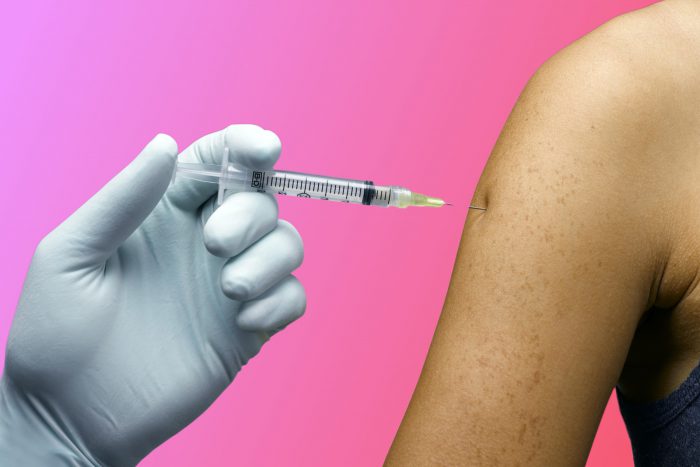
Examining Common HPV Treatments
HPV is the most prevalent STI and frequently has no symptoms, yet it can cause cancer. It is known as the human papillomavirus (HPV), and 79 million Americans are infected with it. Most people don’t become aware that they have HPV until they start getting genital warts. A negative Pap smear test result is another way that women could learn they have an HPV infection. It’s critical to understand your treatment choices if you have HPV.
HPV Diagnosis
90% of HPV infections heal without medical intervention, according to the Centers for Disease Control and Prevention (CDC). In some situations, the virus just disappears without causing any symptoms or health issues. Both you and your sexual partner would be completely unaware that you even had it. Doctors can identify persistent HPV infection by doing a Pap smear or by visually examining genital warts.
Topical Treatments for Genital Warts
Warts are frequently a person’s initial treatment concern since they are readily visible on the genitalia. Topical medications prescribed by doctors, such as sinecatechins, imiquimod (Aldara), and podofilox (Condylox), can cure minor cases of genital warts (Veregen). These products require self-application. However, you must adhere to all guidelines and finish the entire therapeutic program. Using chemicals or medication resins, doctors can also provide topical treatments in the clinic.
Colposcopy
Your doctor will need more information to determine the best course of treatment if your Pap smear results are abnormal. In six to twelve months, your doctor might request another Pap test or suggest a colposcopy. Depending on your age, the degree of abnormality in your cervical cells, and whether you are pregnant. During a colposcopy, the aberrant cervix is examined more closely using a piece of magnifying equipment. At the same time, your doctor might also perform a biopsy or collect a tissue sample. The tissue sample will be carefully examined by a pathologist in the lab.
Surgery for Abnormal Cervical Cells
Some aberrant cervical cells do not require additional therapy. But if the cells have precancerous characteristics, it might be essential to remove tissue from the region of the cervix where the majority of malignancies develop. To remove tissue, your doctor may either do a cold knife cone biopsy or a LEEP surgery that involves an electrified wire. Other methods for removing the aberrant tissue include laser vaporization and cryosurgery.
Surgery for Genital Warts
Surgery is not frequently used by doctors to eliminate genital warts. However, surgery is effective when the warts are numerous, inside the urethra or vagina, or when previous therapies have failed. When genital warts must be medically removed, your doctor may employ a laser, specialized scissors, curettage, or a scalpel. Genital warts may be treated using the same electrified wire treatment known as LEEP which eliminates aberrant cervical cells.
Freezing
Liquid nitrogen cryotherapy can “freeze” genital warts as well as aberrant cervical cells. It can be directly applied by your doctor to genital warts. However, your doctor will place a hollow object into the vagina to make contact with the aberrant cervical cells to eliminate them. Through the tube, the liquid nitrogen is delivered to the cells. Cells are frequently frozen, defrosted, and then frozen once more.
Prevention
By getting the HPV vaccine and using condoms frequently, you can defend yourself against harmful HPV strains. Three shots are given over six months for vaccination. There are many different types of HPV, some of which result in genital warts and others in cancer. The HPV vaccine Gardasil 9 offers defense against nine different strains of the virus, including those that can result in genital warts and cancer. The vaccine is suitable for boys and girls 11 and 12 years old and up to 45 years old. In the United States, Gardasil 9 has taken the place of Cervarix and Gardasil.
Protect Yourself
The most typical sexually transmitted infection is HPV. The likelihood is that you will experience it at some point in your life if you engage in sexual activity. The issue is that you might not be aware of it. Use condoms at every opportunity and obtain the vaccine if you are eligible to do so to protect yourself. Regularly scheduled Pap smears are recommended for women. And if you do discover genital warts or have an abnormal Pap smear, discuss all of your treatment choices with your doctor.









